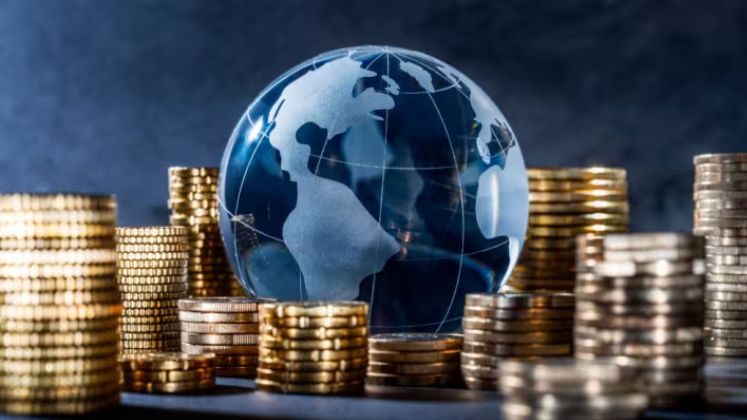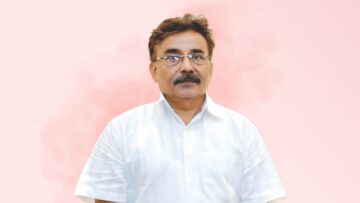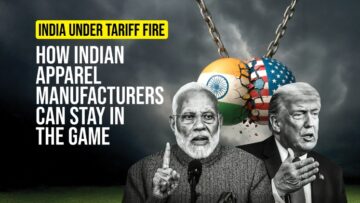
Bangladesh recorded a notable rebound in foreign direct investment (FDI) during the fiscal year 2024-25, with net inflows totaling US $ 1.71 billion, a 20% increase compared to the previous year, according to central bank data. The rise follows a three-year low in FY ’24, which was marred by political turmoil surrounding national elections and diminished investor confidence.
Economists and business leaders have welcomed the uptick as a positive sign of renewed investor trust. However, they emphasised that the current FDI levels remain insufficient to meet the country’s long-term development objectives. Experts advocate for sustained reforms, political stability, improved infrastructure, and investor-friendly policies to attract fresh investments and diversify the foreign investment base.
Syed Akhtar Mahmood, a former private sector specialist with the World Bank Group, highlighted the importance of distinguishing between new investments and reinvestments by existing investors. “Reinvestment can indicate growing confidence but may also be a response to rising local borrowing costs,” he noted. Mahmood stressed that attracting new foreign investors, especially in export-oriented sectors and emerging industries, is crucial for sustained growth and diversification.
Rupali Chowdhury, former president of the Foreign Investors’ Chamber of Commerce and Industry (FICCI), pointed out that current FDI levels are inadequate for Bangladesh’s aspirations. She stated that at least US $ 8 billion annually is needed to boost GDP growth by 1% per year and achieve high-income status. “Persistent uncertainty, especially regarding the business environment, remains a major deterrent for foreign investors,” she said. Chowdhury urged the government to address issues such as gas and power shortages and improve logistics. She also compared Bangladesh with regional peers, noting that countries like Vietnam and India attracted significantly higher FDI in 2024.
Ashraf Ahmed, former president of the Dhaka Chamber of Commerce and Industry (DCCI), described the recent FDI rise as encouraging but underscored that the overall volume is still far below what is necessary for long-term growth. He called for improvements in political stability, macroeconomic management, infrastructure, regulation, and overall business climate to unlock the country’s investment potential.
Similarly, M Masrur Reaz, chairman and CEO of Policy Exchange Bangladesh, acknowledged the positive trend but warned that much of the recent inflow is concentrated in export-processing activities and driven by reinvestments rather than new projects. “If this pattern continues, we cannot be overly satisfied,” he cautioned. Reaz emphasized the need for time-bound reforms, sector-wise analysis, and transparency to attract diversified and sustainable investments.
While the recent figures signal a recovery, experts agree that Bangladesh must undertake comprehensive reforms and create a more conducive environment to attract substantial new investments necessary for achieving its long-term growth ambitions.






